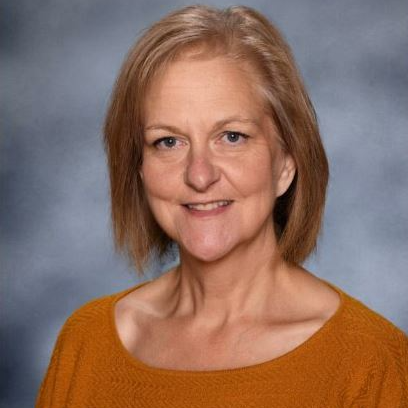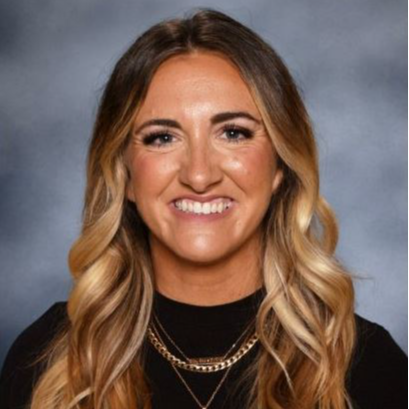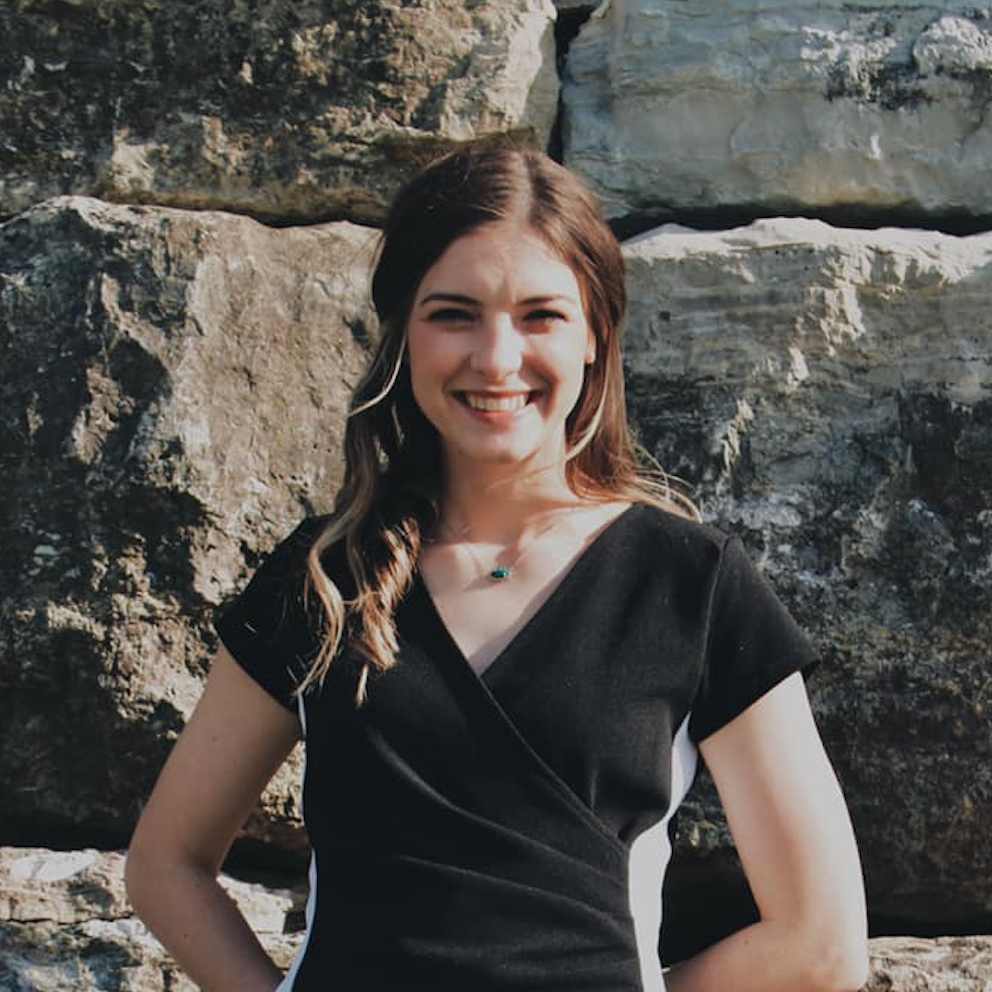Ms. Dodson is starting her fifth year at Republic Middle School. Before coming to Republic, Ms. Dodson taught at Willard Middle School for 13 years and spent two years as a grades 6-12 counselor at Mansfield Public Schools. In her free time she enjoys traveling and spoiling her dog, Zoe. Ms. Dodson loves working with middle schoolers because they are always changing and are capable of incredible growth. She encourages students and parents to reach out if they have questions or concerns.
Counseling Overview
Meet the Counselors

Ms. Kimberly Dodson, Systems Support Counselor

Mrs. Morgan Hoey, Counselor, 6th Grade
Mrs. Hoey is entering her 13th year in education and this is her 4th year at RMS. During her first year, she taught 6th, 7th and 8th-grade social studies at Kirbyville Middle School and 8 years she taught 6th-grade math and social studies at Strafford Middle School. She has been married for 11 years to her husband Will and she has two children, Riley and Kaden. The Hoey family also has the best dog ever, Duke. In her free time, she loves spending time with family and friends, working out, and being outside. 6th graders are her JAM and she enjoys being able to guide them through the transition into middle school!

Mrs. Alyssa Johnson, Counselor, 7th Grade
Mrs. Johnson is excited to join RMS as a School Counselor for her first year. Before becoming a School Counselor, she worked at MSU's Bear POWER program and the Arc of the Ozarks with young adults and teens with disabilities. Outside of work, Mrs. Johnson enjoys spending quality time with her family and friends. Her hobbies include running, drawing, and kayaking. She looks forward to helping RMS 7th graders thrive and grow throughout the school year.

Mrs. Emily Bass, Counselor, 8th Grade
Mrs. Bass is beginning her second year in education and first year at RMS. During her first year, she was a school counselor at Central High School. She has been married for 4 years to her husband Logan and in her free time, she enjoys hiking, painting, and spending time with her friends and family. She is excited to be joining the RMS team and is looking forward to supporting our students by helping them build confidence, develop crucial social-emotional skills, and set goals to prepare them for high school and beyond!
School-Based Clinician
RMS is lucky enough to have a licensed professional counselor on-site! As a school-based clinician, Dr. Michele Litchy sees students for many different reasons, such as anxiety, depression, eating disorders, relationship issues, anger, to name just a few. Since she is employed through the school system, there are no monetary charges to parents for her services. She encourages an open communication between parents and herself.
*NOTE: All referrals to Dr. Litchy must be made by one of the counselors. If you are interested in having Dr. Litchy meet with your child, please contact your child's counselor.
Common Misconceptions about School Counseling
What you may think: "Only children with 'problems' or 'bad kids' should need to see a counselor."
Here’s another way to look at this: School counselors should serve all students. All students are welcome and encouraged to come to the school counselors for a variety of reasons. Realistically, we all have “problems.”
Also see: Why Middle School Counselors?
What you may think: "My child should be able to talk and solve problems at home."
Here’s another way to look at this: A counselor should be an unbiased third party. A counselor may be able to give feedback to an individual that their family or friends may not be comfortable to provide. A counselor is also bound by strict confidentiality laws that protect the student.
What you may think: "I don’t want my child to miss any valuable class time."
Here’s another way to look at this: It is true, being a school counselor means that the children must be at school to access the counselor, which also means that the individual and group counseling times are during the school day. We work closely with the teachers to ensure that the child does not miss out on valuable class work. If the child is out of the room during instruction time, they will get caught up to speed upon their return.
What you may think: "My child only goes to see the school counselor to get out of class."
Here’s another way to look at this: The teachers and counselors are pretty savvy about knowing when a student truly needs to visit the school counselor. We keep running records of the children we see and notice patterns very quickly.
What you may think: "There’s no reason for my child to see a counselor. They are fine!"
Here’s another way to look at this: No matter how “fine” individuals appear, everyone has emotions and thoughts weighing on their minds. Having someone listen to thoughts and emotions can work wonders! Here are some common topics we discuss with individuals and small groups: conflict resolution, emotional awareness, life events, problem solving, self-esteem, social skills, and study skills.
What you may think: "The school counselor should call the guardian when their child visits."
Here’s another way to look at this: Every person deserves to have someone they can talk with and know that what they say is respected through privacy. A school counselor’s first priority should be to build a trusting relationship with each student. We strive to provide a safe environment for every child. That would be a lost cause if the students thought we would call a guardian after each visit. If we see the same student for the same reason on multiple occasions, we will call the guardian. If there is an immediate concern, we will call the guardian. Please feel free to call us anytime with concerns you may have
What you may think: "My child does not need to see a mental health professional outside of school since the school has a counselor."
Here’s another way to look at this: While one role of a school counselor is to meet with students individually, there is definitely not enough time or resources to adequately fulfill all of the needs that some students may have. Our general thought regarding individual counseling is that we will visit with a student a few times regarding the same issue before we call their guardian. Once contact with a guardian has been made, it is then up to the guardian to decide whether or not they would like their child to work with our School-Based Clinician (SBC) or if they will seek outside aide (see Community Resources). Remember, counseling services from our SBC are not provided during the summer.
What you may think: "The counselor is at the school only to serve individual students and groups."
Here’s another way to look at this: We do visit with individual students and groups, but we also visit classrooms one week per month for 60 minutes each. During our monthly classroom visits we cover district- and state-approved curriculum. Lessons include topics such as: bullying, choice making, study skills, test-taking skills, self-esteem, friendship, and careers.
Community Resources
The resources listed below are only a small representation of available services and resources. Other services and resources may be available. Parents and students are encouraged to gather as much information regarding services and resources as possible. This resource guide was created to assist parents in locating and accessing local community services. Republic School District does not endorse any agency or service listed.
